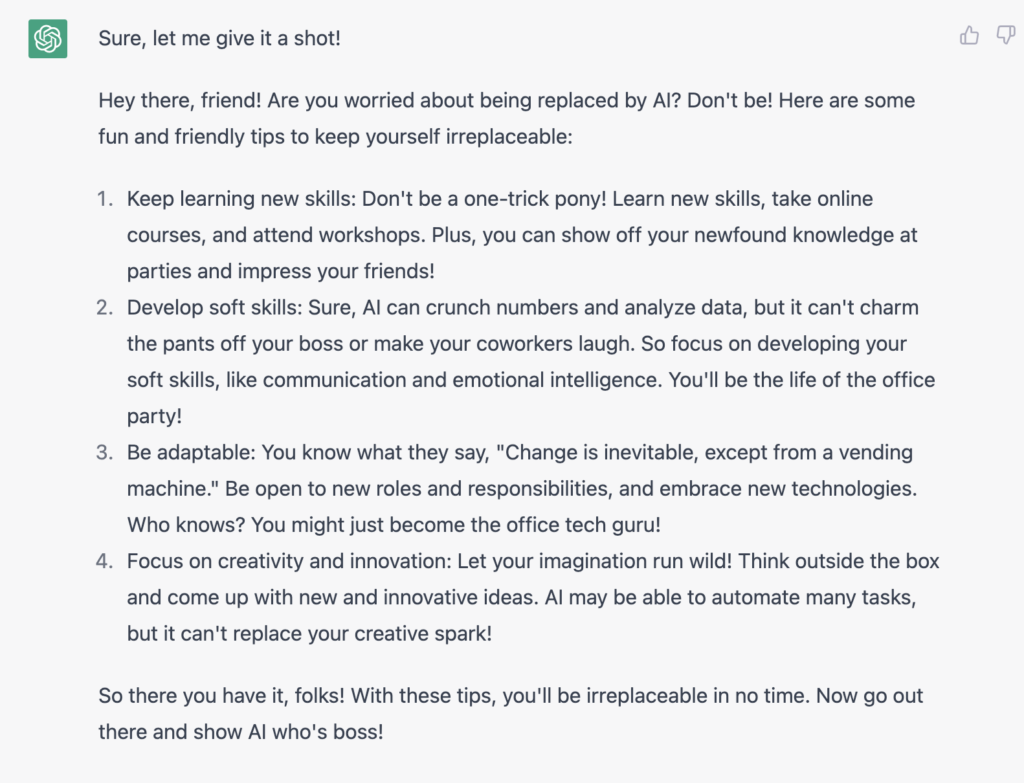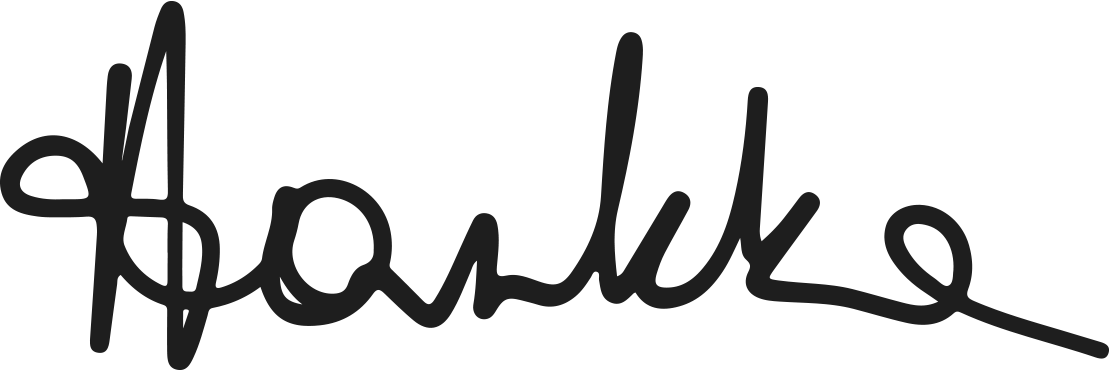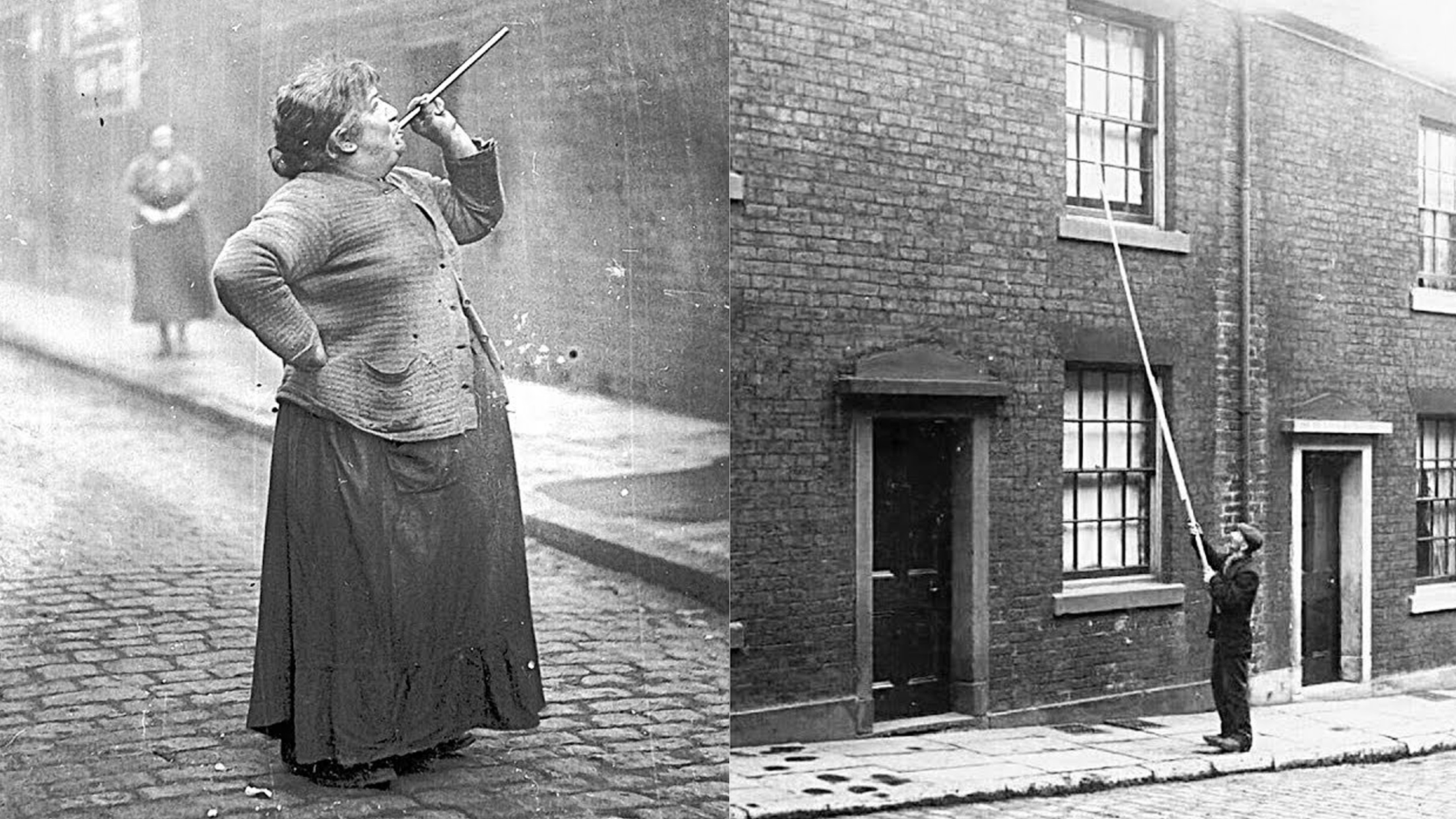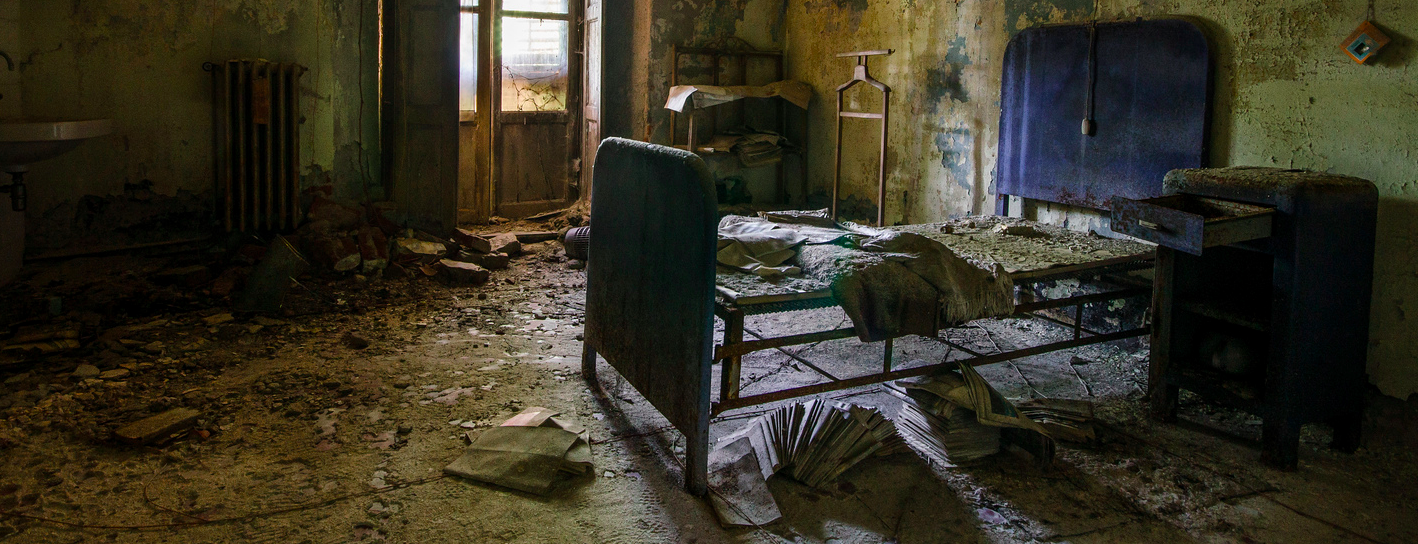A few days ago a friend of mine made me discover a profession I never knew it existed – a knocker-upper.

A knocker upper was a person waking people up to work by hitting peas on their windows. Due to a huge demand during the Industrial Revolution when workers were needed in huge factories for many shifts, a knocker upper quickly became a profession in itself.
The workers could not afford alarm clocks so, for a shilling a week, the ‘knocker’ woke them up every day so they wouldn’t be late for work.
Such a wake-up call became unnecessary when mass production reduced the cost of alarm clock watches. The knocker-up disappeared displaced by technology.
Did this mean that these people were out of work for the rest of their lives? Not likely. They probably retrained and took jobs in another sector. Maybe they even worked in an alarm clock factory?
And whereas a knocker upper didn’t look like a terrible job to do, many other pre-automated-ones, were literally killing people.
.in transition to a job that will make you fulfilled
Would you rather stand in a factory, making matchsticks for up to 16 hours a day with few breaks to earn a living, or would you rather have machine do it?
There used to be millions of people -usually teenage girls – working like that during the Industrial Revolution. They were forced to eat at their workstations, meaning the toxic phosphorus got into their food, leading to some developing the dreadful condition known as “phossy jaw”—whereby the jawbone becomes infected, leading to severe disfigurement.
Now, most of these jobs are automated and done by machines. This in effect, resulted in far fewer accidents (which has helped the health service), better human health (conditions in many factories were poisoning workers), the development of many other industries, faster and cheaper production and therefore wider accessibility to better goods, and so on.
When Guttenberg boasted about his invention, many scribes frowned upon him and tried to belittle this breakthru. That followed the typesetters (specialists in arranging hand-cast fonts) having been replaced by DTP specialists (using computer programs for typesetting). Their jobs will probably be replaced by people giving voice prompts working with a generative AI.
.people have had to retrain
Names of professions and trades such as telephonist, bowling pinsetter, tosher, stove-maker, rushman, clique-maker, mudlark, chimney-sweep, bath-maker or foil-worker do not mean anything to many people today, but some still exist – for those who want a little extravagance. And even though millions of clothes are sewn by machines, there are seamstresses doing things – and getting paid premium – that no machine yet can.
Technological progress has changed the face of many professions many times over. It has always been this way, and it always will be. Electrification, the advent of the telephone, the automobile and television marked the next great caesuras and forced social change.
.how not to become a commodity
This does not mean that progress is bad or that people who lose their jobs will never find their new place in an ever changing market. The AI revolution that we’re witnessing right now, restarts a cycle of market reinvention. Some jobs will disappear and others will be created.
We may end up working less (4-day week concept) and having outsourced mundane tasks to the machines, we can perform more deep, conceptual and self-satisfactory work. AI will not take away anyone’s job – it will be done by another person who is familiar with it and knows how to use it to speed up or reduce costs.
Instead of worrying that AI will take our jobs, put yourself at the forefront of this new movement. Exploit the potential of AI, play with it and let your imagination run wild and free (if you haven’t yet – try Midjourney and ChatGPT).
And it’s going to be a while (if ever) before we arrive at truly general artificial intelligent systems. Just like Noam Chomsky points out,
The human mind is not, like ChatGPT and its ilk, a lumbering statistical engine for pattern matching, gorging on hundreds of terabytes of data and extrapolating the most likely conversational response or most probable answer to a scientific question,” Chomsky expounds. “On the contrary, the human mind is a surprisingly efficient and even elegant system that operates with small amounts of information; it seeks not to infer brute correlations among data points but to create explanations.[…]
Noam Chomsky
Ps. Here is what ChatGPT advises to make yourself market desirable:

… the question is – should you trust a machine? 😃


![Start-ups and start-downs [Evoque Journey] louveciennes @flickr](https://hankka.com/wp-content/uploads/2013/09/bfast.jpg)
![What are you afraid of? [Evoque journey] Donnie Nunley @Flickr](https://hankka.com/wp-content/uploads/2014/02/12331672305_9d924d76b0_z.jpg)

